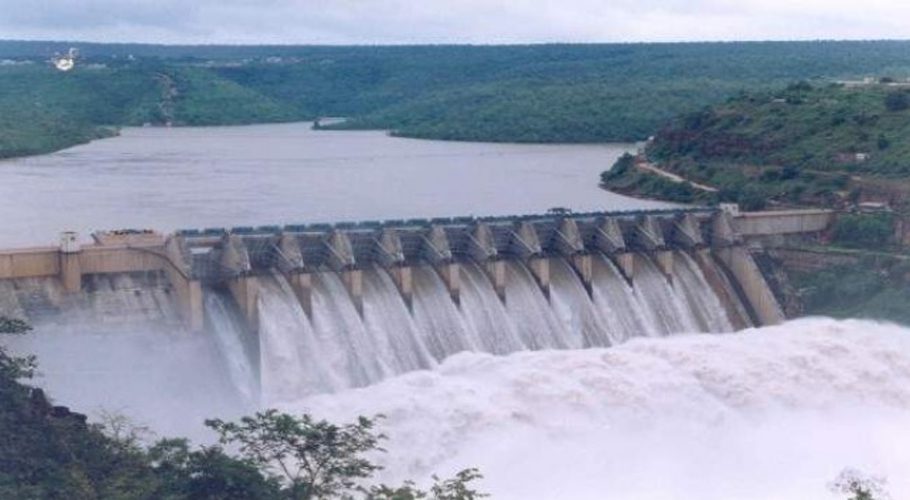ISLAMABAD: The Indus River System Authority (IRSA) has further increased the water share of the Sindh after water inflow in the rivers jumped to 289,500 cusecs due to shooting up mercury at Gilgit Baltistan’s Skardu District.
The water regulator met on Saturday to review the overall water situation and increased the water supply to Sindh and Punjab on the basis of improved river flows. The spokesperson of IRSA in a statement said 19,500 cusecs water inflow increase was recorded today as compared to yesterday. He said the water levels in both Tarbela and Mangla dams jumped to three and two feet respectively.
The spokesman said 111,000 feet increase was recorded in water storage capacity. Owing to the healthy inflow, the water share of Sindh and Punjab has further been increased, he added. He said the share of Sindh has increased to 120,000 cusecs while Punjab is drawing 107,000 cusecs water.
Water shortages worsen for provinces
The water scarcities for Punjab and Sindh went up to 32 % on May 29 as river flows continued to fall and storages at both Tarbela and Mangla dams closed to dead level.
According to the Indus River System Authority (IRSA) statements, it reviewed the overall water situation and decided to apply 32% shortages to Punjab and Sindh instead of 23% shortages at present.
IRSA, given the existing limited storage available in reservoirs and tumbling river, flows said it was inevitable to apply further cut on provincial shares however, KP and Balochistan would stay exempt from sharing of shortages.
IRSA had initially estimated about 10% shortage for the early part of Kharif, but then temperatures did not rise in the northern areas of the country and river flows continued to drop. IRSA said that with a 32pc shortage, water share for Punjab was reduced to 83,000 cusecs while that of Sindh was allocated 74,000 cusecs.
Sindh blames Centre for Sindh water crisis
Pakistan People’s Party Chairman Bilawal Bhutto Zardari lambasted PM Imran’s government for creating an acute water crisis in the province and asked for permanent closing of the contentious Chashma-Jhelum Link Canal.
He said Indus River System Authority’s sole authorization with regard to water is that it could merely check the distribution of water as per the Water Apportionment agreement, however; it can’t implement its authority in any other form, as there is a severe water issue in Sindh after Mangla Dam was filled beyond its approved controversial formula.
Bilawal warned of an acute famine-like situation in the Sindh province as a result of the PM Imran-led government policies that have altered lower Sindh into a desert, depriving Karachi, Tharparkar, Thatta, Sujawal and Badin of their fair share of water.
PM’s statement on water shortage
Responding to the Sindh government deflecting the blame onto the Centre, Prime Minister Imran Khan said issues related to corruption, mistrust and inefficient water management practices need to be resolved to help Pakistan tackle its growing water insecurity.
He said that the government, over the next 10 years, will build 10 dams, as it is water storage that will permit the country to deal with the needs of the burgeoning population.
The prime minister lamented that the telemetry system that points out how much water is going to each province is “just not working”, but the government is working on having these placed everywhere.
PM Imran Khan also said distribution within provinces is also a problem, with farmers unable to get the share of water they should. He said it is the responsibility of the Sindh government to ensure that the powerful do not take away the share of poor farmers.



































